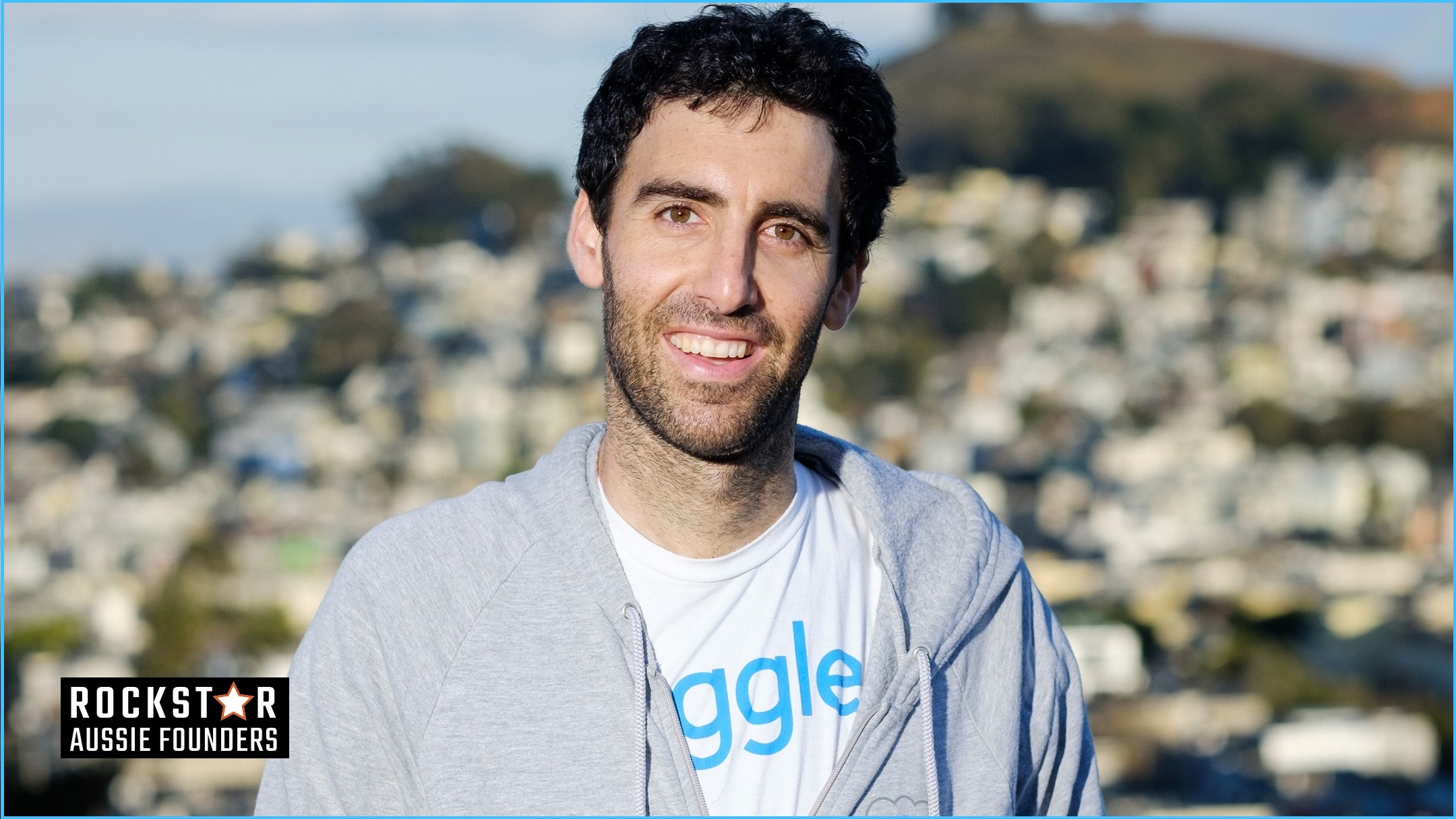In early January, ACS released a book, Rockstar Aussie Founders Living in the US, showcasing 26 local tech talents making it in the word's most competitive market.
Here is an excerpt from the book: a chat with Anthony Goldbloom of Kaggle, a collaboration platform for data science and machine learning projects.
What got you to where you are?
I was trained as a statistician or econometrician. My first job was at the Australian Treasury forecasting GDP, inflation and unemployment.
In 2008, I did an internship at The Economist (magazine) in London and I wrote an article about the use of predictive modelling and business. Doing the research for that article opened my eyes to all that could be done with statistics, outside of just economic forecasting.
The idea for Kaggle was to connect companies interested in doing data science with people like me interested in working on interesting data sets, and we started off with a model of running machine learning challenges. We’ve since branched out and we do quite a lot more now.
I was back in Australia and working at the Reserve Bank of Australia (RBA), and I was working on Kaggle at night, but it was just taking forever to get the website coded and live!
I was pretty passionate about it. I didn’t really have a great business plan, but I thought it was likely to be viable enough that I could support myself with it and so in August 2009 I left my job at RBA.
Kaggle launched in April of 2010. I did my first trip to the USA in about November of 2010, and then I moved to the USA, raised capital and then closed the term sheet in August of 2011.
The funding round actually closed in November of 2011, and I moved to the USA for good in January 2012. I was spending quite a lot of time in the US. I had an engineer in the US, so I had an Australian employee and an American employee.
It’s actually an interesting story, he’s still with Kaggle, a really well-known developer. He had a big following on his blog and he started out doing a bit of contracting work and helping out on some projects and I thought, “wow your code is so much better than mine”. I wasn’t a great coder, enough to get the first version of capital out, but as we started scaling it needed to be hardened and he actually rewrote the whole site from scratch, and it’s still the basis of the site that we use today.
Google was a customer of ours and they approached us about acquiring Kaggle, and we were also talking to another potential about buying us. In the end we sold to Google. So now we’re owned by Google, but we still operate as our own independent brand within Google. We have a cloud-based workbench for actually doing analysis; we have a place where people share data sets with each other; and the community’s really grown – it’s now at 2.3 million users.
What does getting to the US look like?
You sort of get star struck by people with more experience and you think “oh gosh, am I really in this league?”
Early on I was inclined to get experienced people involved, who had “x number of years” experience and had been around for a long time to help with running Kaggle.
But I actually had a lot of the skills myself. It just took a while to develop the confidence to realise that I was more than capable of doing all of these things, and I’m a quick learner and decently intelligent. So, it’s just [a lack of] confidence that can hold people back. Everyone suffers from imposter syndrome, I don’t think it’s a uniquely Australian thing. I think everyone suffers.
The thing people struggle with is getting connected here. It’s a huge ecosystem. The thing I did quite well, I think, was plug into the data ecosystem here, so I got to know a lot of the well-known data science people and they learned about Kaggle. They sort of respected what we built, and thought it was kind of a nice idea and they introduced us to investors.
I think Australia is in a really nice place now. You look at ‘successfuls’ like Atlassian, which is just enormous, there’s also a lot going on in Melbourne, so you have more people who have start-up experience. I think the Australian ecosystem is much stronger now than it was, and also it’s more acceptable for people to join a start-up. It’s considered to be a more socially acceptable career path than perhaps it was.
What should a first-time founder know?
In the USA, a lot of people go to Stanford and that network ends up being very valuable I find, so you have this advantage as a result of having gone to Stanford. On the flipside of that, as an Australian you have to work very hard in order to make it work, you really have to develop the muscle to hustle to get to know the people you need to get to know!
I think that ultimately meant that I’ve been stronger and tougher than I might have otherwise been, because you deal with a lot of rejection and a lot of setback and I think the fact you have to work so hard builds up a resilience and a bit of a ‘can do’ attitude.
I think it’s often helpful if you’re in a tough spot to engage with what the worst-case scenario is, because if you become comfortable with the worst-case scenario, it makes you a bit less emotional. If you can come to terms with the worst-case scenario, you can be a bit more clear-headed and focus on solving your problem.









